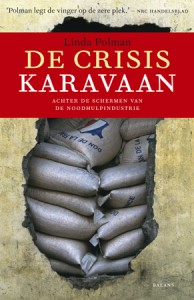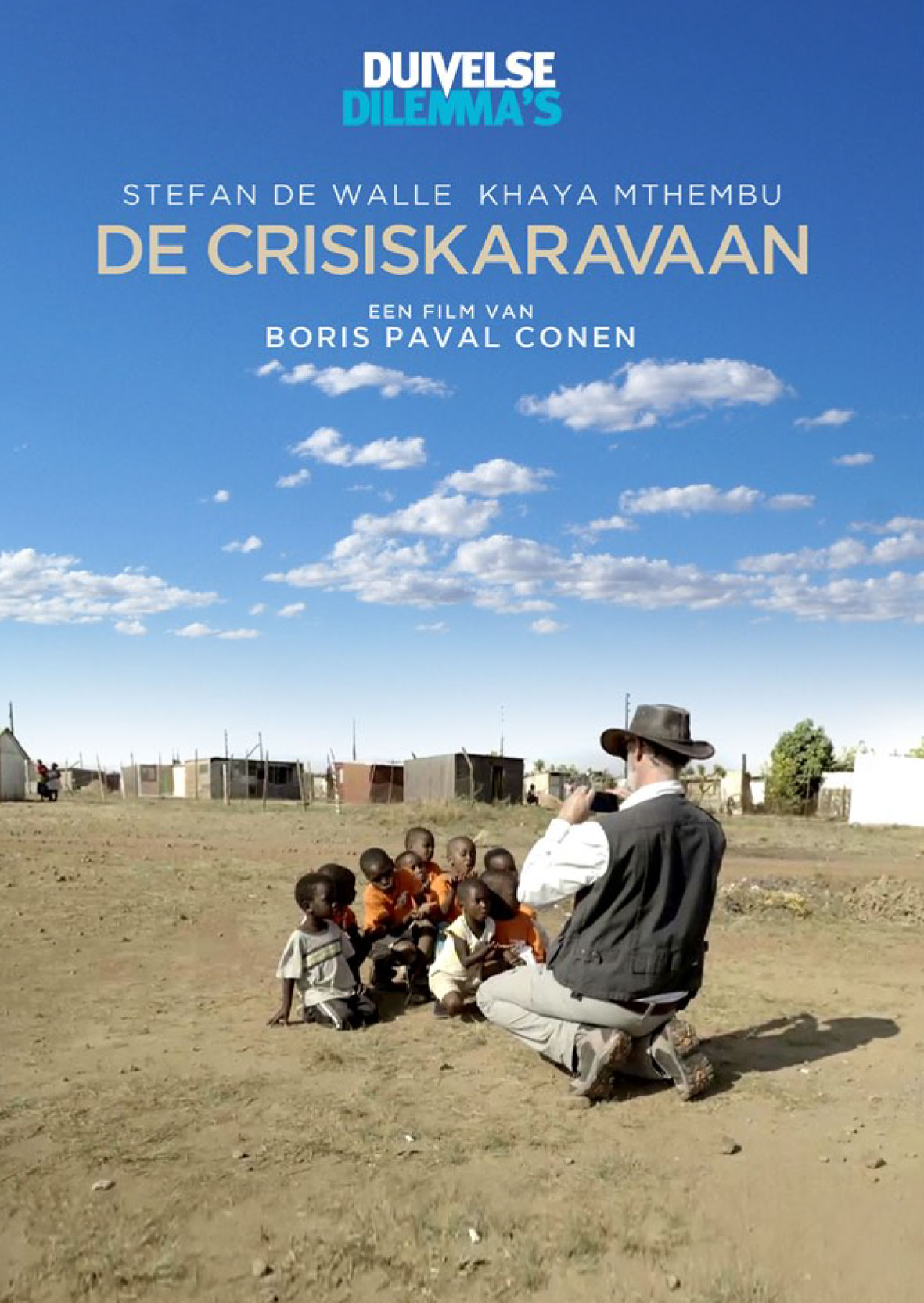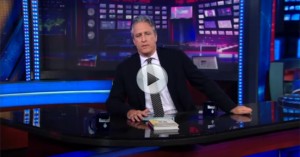‘One of the finest reporting journalists of the modern age – Polman is gutsy, intellectually penetrating and far from naive’
‘A blood-boilingly good polemic that should knock a few halos off’
‘A disturbing account that raises profound questions … Polman shines a light on the multibillion dollar juggernaut that is today’s humanitarian aid network.’
‘The pages of this necessary but contentious book burn with a righteous moral anger about the contradictions and tensions of delivering humanitarian aid in conflict zones. Polman’s pacy, readable and concise book is full of vivid and disturbing anecdotes’
‘A compelling exposé’
‘Cool, brusque, fearless. A marvellous account’
‘Incendiary. A chastening polemic’
‘Essential reading’
‘Very readable, extremely persuasive. One of the liveliest and most depressing books on the subject to appear in recent years’
‘A withering catalogue of corruption, incompetence and an aid industry that lives in unholy symbiosis with politicians and the military’
‘A reporting tour de force, devastating’
‘Reading Linda Polman’s polemic feels dangerously, even thrillingly illicit. It’s like watching a cheetah bring down an impala on the Serengeti plain. Your sympathy is with the doe-eyed victim – but you can’t help admire the power and ruthless ferocity of the predator’





